Filter by
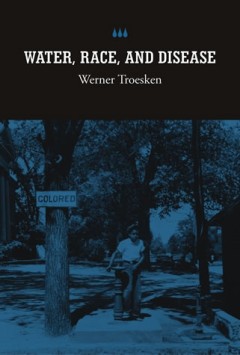
Water, Race, and Disease
A qualitative and quantitative analysis of the effect of public water and sewer systems on African American life expectancy in the Jim Crow era.Why, at the peak of the Jim Crow era early in the twentieth century, did life expectancy for African Americans rise dramatically? And why, when public officials were denying African Americans access to many other public services, did public water and se…
- Edition
- -
- ISBN/ISSN
- 9780262285186
- Collation
- 1 online resource (xvii, 251 pages) :illustrations.
- Series Title
- -
- Call Number
- -
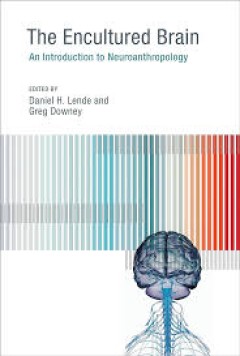
The Encultured Brain: An Introduction to Neuroanthropology
Basic concepts and case studies from an emerging field that investigates human capacities and pathologies at the intersection of brain and culture.OCLC-licensed vendor bibliographic record.
- Edition
- -
- ISBN/ISSN
- 9780262305679
- Collation
- 1 online resource (ix, 438 pages) :illustrations
- Series Title
- -
- Call Number
- -
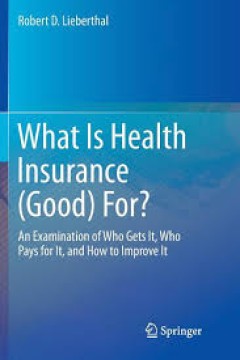
What Is Health Insurance (Good) For? An Examination of Who Gets It, Who Pays…
This informative volume synthesizes the literatures on health economics, risk management, and health services into a concise guide to the financial and social basics of health insurance with an eye to its wide-scale upgrade. Its scope takes in concepts of health capital, strengths and limitations of insurance models, the effectiveness of coverage and services, and the roles of healthcare provid…
- Edition
- -
- ISBN/ISSN
- 978-3-319-43796-5
- Collation
- -
- Series Title
- -
- Call Number
- -
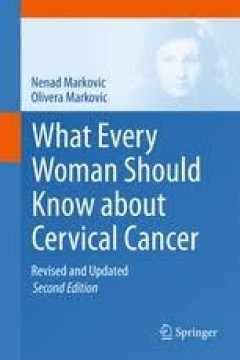
What Every Woman Should Know about Cervical Cancer Revised and Updated
This book (an updated and extended edition) is about mobilizing women and health care policy makers and providers to unite their efforts in a single strategy for fighting cervical cancer worldwide. The objective of this strategy would be to reverse cervical cancer prevalence and mortality rates among all 2.4 billion women at risk and to achieve this goal within 10-15 years of implementation. Ce…
- Edition
- -
- ISBN/ISSN
- 978-94-017-7560-1
- Collation
- -
- Series Title
- -
- Call Number
- -
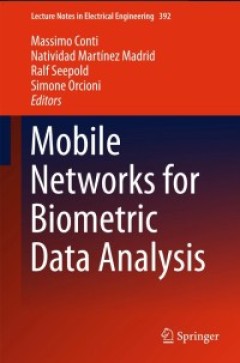
Mobile Networks for Biometric Data Analysis
This book showcases new and innovative approaches to biometric data capture and analysis, focusing especially on those that are characterized by non-intrusiveness, reliable prediction algorithms, and high user acceptance. It comprises the peer-reviewed papers from the international workshop on the subject that was held in Ancona, Italy, in October 2014 and featured sessions on ICT for health ca…
- Edition
- 1
- ISBN/ISSN
- 978-3-319-39698-9
- Collation
- IX, 323
- Series Title
- Lecture Notes in Electrical Engineering
- Call Number
- -
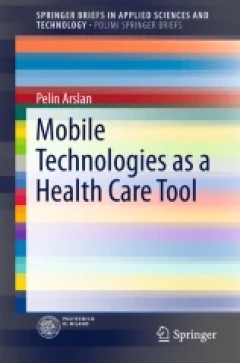
Mobile Technologies as a Health Care Tool
This book presents a state-of-the-art overview of the available and emerging mobile technologies and explores how these technologies can serve as support tools in enhancing user participation in health care and promoting well-being in the daily lives of individuals, thereby reducing the burden of chronic disease on the health care system. The analysis is supported by presentation of a variety o…
- Edition
- 1
- ISBN/ISSN
- 978-3-319-05917-4
- Collation
- X, 123
- Series Title
- SpringerBriefs in Applied Sciences and Technology
- Call Number
- -
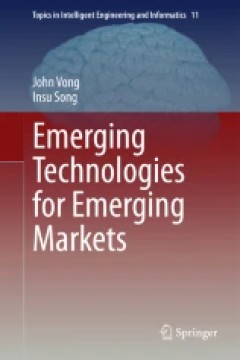
Emerging Technologies for Emerging Markets
This book introduces inclusive-cost-effective (ICE) approaches that have the potential to transform all aspects of daily lives of people at the base of the pyramid in the economic scale, who represent more than 75% of the world population. ICE means that the approaches must meet the affordability level at the base of the pyramid. This includes mobile banking and financial service technologies, …
- Edition
- -
- ISBN/ISSN
- 978-981-287-347-7
- Collation
- 49 b/w illustrations
- Series Title
- -
- Call Number
- --
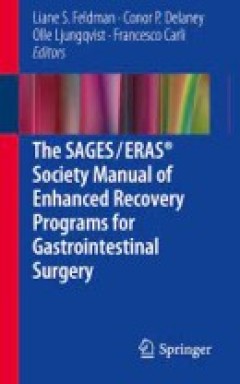
The SAGES / ERAS® Society Manual of Enhanced Recovery Programs for Gastroint…
This volume presents a comprehensive, up to date and practical approach to creating an ERAS program for GI surgery. The first sections review the evidence underlying individual elements of ERAS, including evidence from laparoscopic procedures when available or pointing to evidence gaps where more research is required. These are written by experts in the field, including surgeons, anesthesiologi…
- Edition
- -
- ISBN/ISSN
- 978-3-319-20364-5
- Collation
- -
- Series Title
- -
- Call Number
- -
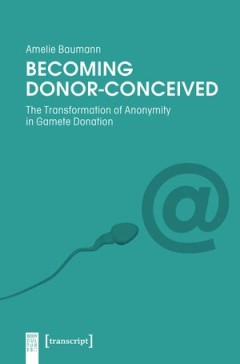
Becoming Donor-Conceived the Transformation of Anonymity in Gamete Donation
While it has been argued that anonymity in gamete donation has been brought to an end by legal changes and technological developments, Amelie Baumann suggests that this is in fact still in transformation. By focusing on the narratives of those who were conceived with anonymously donated gametes in the UK and Germany, she examines this transformative process and the role which donor-conceived pe…
- Edition
- 1
- ISBN/ISSN
- 9783839457313
- Collation
- -
- Series Title
- -
- Call Number
- -

The biology of kindness :six daily choices for health, well-being, and longev…
Originally published: Biologia della gentilezza: Le 6 scelte quotidiane per salute benessere e longevit?a, 2020."Explains how our life behaviors can affect our state of health by comparing science and conscience in a revolutionary approach to health, longevity and quality of life"--OCLC-licensed vendor bibliographic record.
- Edition
- -
- ISBN/ISSN
- 9780262378192
- Collation
- 1 online resource
- Series Title
- -
- Call Number
- -
 Computer Science, Information & General Works
Computer Science, Information & General Works  Philosophy & Psychology
Philosophy & Psychology  Religion
Religion  Social Sciences
Social Sciences  Language
Language  Pure Science
Pure Science  Applied Sciences
Applied Sciences  Art & Recreation
Art & Recreation  Literature
Literature  History & Geography
History & Geography